Research teams
Cognition and social neuroscience
"Deepening the study of socially regulated cognition"
Perception and attention
"The perception of natural visual scenes and the recognition of familiar forms (letters, words, objects and handwriting)"
Developpement and cognitive agings
"Studying Development and Cognitive Aging"
Language
"To better understand the complex organization of language: its acquisition, its normal and pathological functioning, as well as its cerebral implementation"
Comparative cognition
"Better define the human cognitive processes through cognitions of other species"
Dernières publications
-
Analyzing gender bias in the non-verbal behaviors of generative systems2024
-
DeepWealth: A generalizable open-source deep learning framework using satellite images for well-being estimationSoftwareX2024
-
Reducing age differences in the retrieval of verbatim and gist representations: Encoding manipulationsMemory and Cognition2024
Partners
- Brain & Language Research Institute
- Institute of Language, Communication & the Brain
- Tremplin Carnot - Institut Cognition
News
-
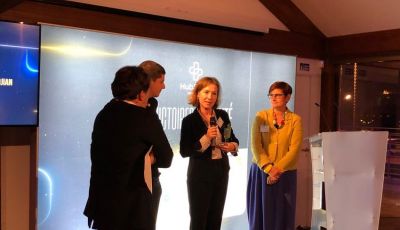 Victoires de la Santé
Victoires de la SantéL'équipe de la chercheuse Pascale Colé (équipe Langage du LPC, CNRS, AMU) récompensée du prix espoir patient pour son travail sur la dyslexie (voir La Provence)
-
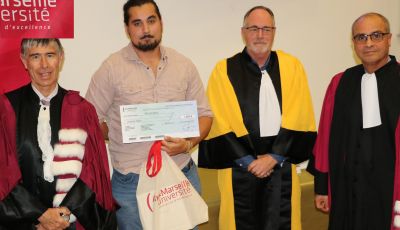 Prix de thèse 2019 AMU
Prix de thèse 2019 AMUJoshua Snell (sous la direction de Jonathan Grainger) obtient le prix de thèse Aix-Marseille Université 2019
-
 Nature Human Behavior: How implicit biases create gender discrimination
Nature Human Behavior: How implicit biases create gender discriminationIn an article in Nature Human Behavior, Isabelle Régner (Social Cognition team) and her colleagues show that committees with implicit biases promote fewer women when they do not believe gender bias exists. Even scientists have gender stereotypes … which can hamper the career of women researchers.
-
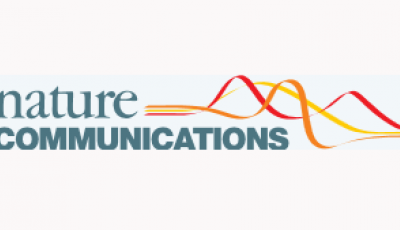 How is the human brain unique?
How is the human brain unique?Although the relative expansion of the frontal cortex in primate evolution is generally accepted, the nature of the human uniqueness, if any, and between-species anatomo-functional comparisons of the frontal areas remain controversial. To provide a novel interpretation of the evolution of primate brains, sulcal morphological variability of the medial frontal cortex was assessed in Old World monkeys (macaque/baboon) and Hominoidea (chimpanzee/ human). We show that both Hominoidea possess a paracingulate sulcus, which was previously thought to be unique to the human brain and linked to higher cognitive functions, such as mentalizing.
-
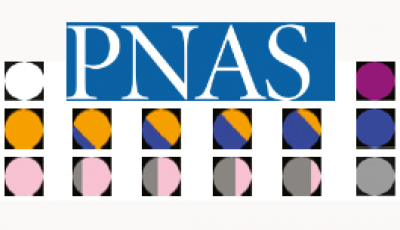 PNAS: Constraints on the lexicons of human languages have cognitive roots
PNAS: Constraints on the lexicons of human languages have cognitive rootsIn an article in PNAS, Emmanuel Chemla (LSCP, CNRS, ENS) together with Isabelle Dautriche (Language team) and Joel Fagot (Comparative Cognition team) show that learning biases for connectedness are present in baboons, suggesting that the shape of the world’s languages (both content and logical words) has roots in general, nonlinguistic, cognitive biases.
-
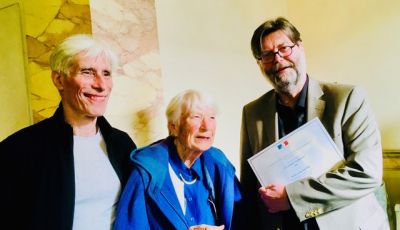 Prix Gay-Lussac Humboldt
Prix Gay-Lussac HumboldtArthur Jacobs obtient le prix Gay-Lussac-Humboldt 2018. Il était l'un des acteurs majeurs dans le domaine de la psychologie cognitive des années 90 à Marseille, ancien membre du centre de recherches en neurosciences cognitives fondé par Jean Requin, il a dirigé la thèse de M. Montant, A. Rey et J. Ziegler. Aujourd'hui professeur à la Freie Universität Berlin, il codirige avec J. Ziegler la thèse de Marion Fechino (LPC, ED 356) sur « poésie et cerveau ». Photo : Avec ses directeurs de thèse, Ariane Lévy-Schoen et Kevin O'Regan, lors de la cérémonie à l'Académie des Sciences le 7 Mai 2019.
-
 Grammatical class modulates the (left) inferior frontal gyrus within 100 milliseconds
Grammatical class modulates the (left) inferior frontal gyrus within 100 millisecondsIn an article in Scientific Reports, Francois-Xavier Alario (Language team) and colleagues showed showed rapid (from ~80 ms onwards) noun-verb differences in the left and (to a lesser extent) right inferior frontal gyri (IFG), but only when those nouns and verbs were preceded by the syntactically predictive context (i.e. their corresponding pronoun).This suggests that syntactic unification manifests very early on during processing in the LIFG. The speed of such syntactic unification operations is hypothesized to be driven by predictive top-down activations stemming from a domain-general network in the prefrontal cortex.
-
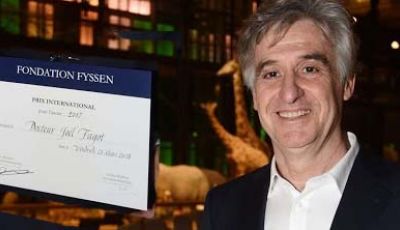 Prix international de la Fondation Fyssen
Prix international de la Fondation FyssenJoël Fagot, directeur de l'équipe Cognition Comparée, obtient le Prix International de la Fondation Fyssen 2017. Ce prix est attribué à un chercheur qui s’est distingué par une activité de recherche fondamentale qui correspond, directement ou indirectement, à l’objectif de la Fondation et qui concerne des disciplines telles que l’éthologie, la psychologie, la neurobiologie, l’anthropologie, l’ethnologie, la paléontologie humaine et l’archéologie.
plus d'info sur http://www.fondationfyssen.fr/laureats/


